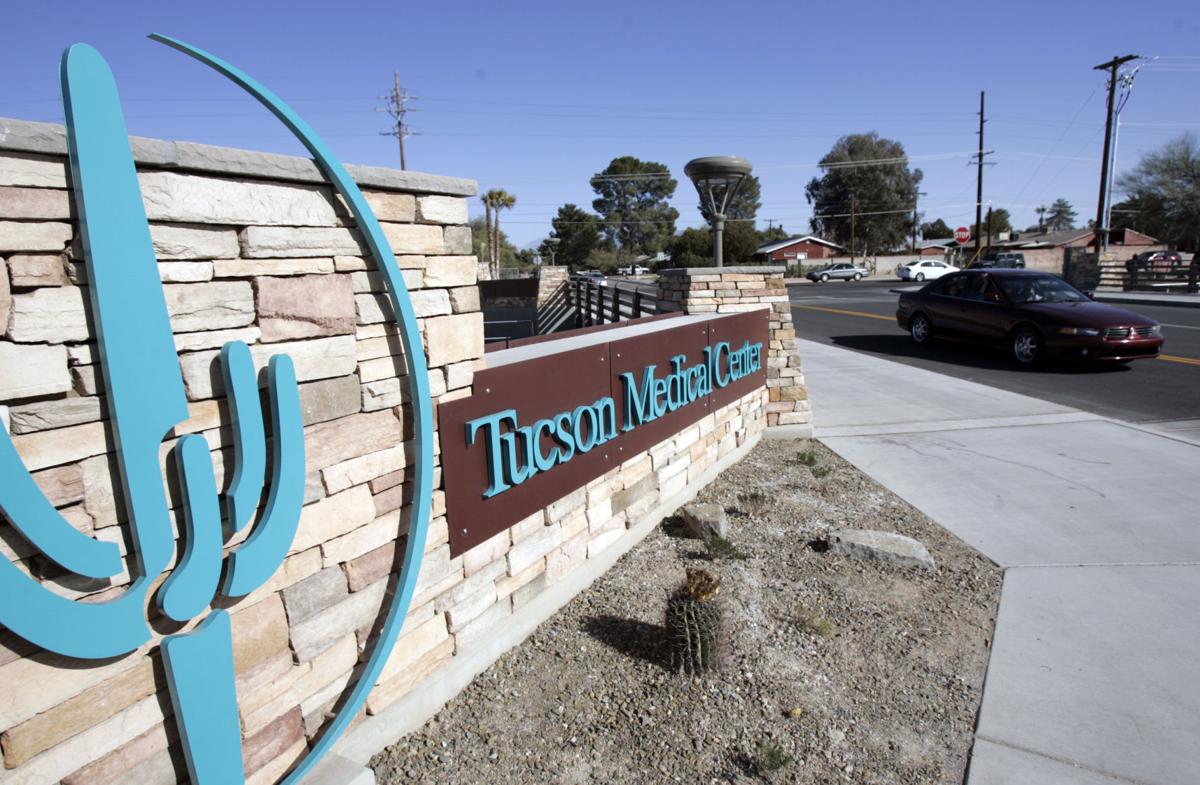PHOENIX — Tucson Medical Center has no right to sue a major national pharmacy on the claim that it is negligent for distributing opioids in the state, the Arizona Supreme Court ruled Wednesday.
In a unanimous ruling, the justices acknowledged that the epidemic of people addicted to the drug imposed “tremendous costs’’ on society in general and hospitals specifically.
But Justice Clint Bolick, writing for the court, said CVS Health Corp. had no duty to TMC to keep people from becoming addicted, getting sick — and ending up costing the hospital money.
Wednesday’s ruling is limited to the 2018 lawsuit filed by TMC against not just CVS but a host of other manufacturers and distributors seeking unspecified compensatory and punitive damages for their role in creating the opioid crisis that the hospital’s attorneys said was “devastating communities.” The case against most of the other defendants remain pending a trial in Pima County Superior Court.
But the decision by the high court is binding on all hospitals in the state, removing any chance they can recover from pharmacies what they say have been their financial losses caused by the epidemic.
“We are still reviewing the Supreme Court’s opinion,” said Tim Hartin, the hospital’s chief legal officer.
Hartin noted, however, that the ruling does not knock CVS out of the lawsuit entirely. It still leaves intact separate claims of public nuisance and that the company was unjustly enriched.
But it still will require the hospital to make its case.
In filing suit, the hospital charged that opioids “flooded into Arizona’’ because of negligence by all the defendants, creating the crisis.
It originally named only the manufacturers and distributors, claiming they downplayed addiction risk and did not monitor, investigate, detect or deny inappropriate refills and report suspicious orders of prescription opioids as required by law.
TMC added CVS as a defendant a year later, saying the company “failed to exercise due care in dispensing and instead dispensed far more opioids into Arizona communities than were needed for licit use.” And the hospital said the individual pharmacies did not have policies to avoid filling prescriptions indicative of abuse and failed to train employees to report cases where it looked like opioids were being diverted for improper use.
The result of all this, according to the hospital, was that hospitals in Arizona incur “millions of dollars in damage for the cost of uncompensated care.”
Pima County Superior Court Judge Janet Bostwick agreed to allow the claim against CVS to proceed. But Bolick said that was a legal error.
He said Arizona law does allow for lawsuits when someone is injured by the negligence of another.
Only thing is, Bolick said, a negligence claim can be pursued only if the party being sued owes some duty to the injured party. And in this case, he said, there is nothing that shows that CVS had any duty at all to protect TMC against financial damages.
Bolick acknowledged there are federal and state laws governing opioid distribution that are designed to protect and prevent addiction.
“But the class protected by those statutes is prescription-drug users, not hospitals,” he wrote, saying those laws “protect individual members of the public from falling victims to drug misuse and abuse.”
That’s not the case here.
“TMC is a hospital,” Bolick said. “And a hospital cannot suffer from addition, overdose, and death, and thus does not fall within the class of persons meant to be protected.”
The justices were no more impressed by the hospital’s argument that it is required to provide necessary medical screening and to stabilize patients suffering emergency medical conditions.
“But that requirement does not establish a duty between a pharmacy and hospital,” Bolick said.
“Although that requirement arguably places a hospital at risk of incurring additional expenses, any claim to recoup such expenses belong to the hospital to assert against the patient,” he continued. “It does not provide a right to assert claims against third parties, such as pharmacies.”
Similarly, the justices said that other statutes that allow hospitals to recover for uncompensated care do not allow them to maintain this type of legal action.
Bolick said he and his colleagues are sympathetic to the problem of addiction.
“The human costs are tragic,” he said. And he said there also are tremendous financial costs imposed on society, and hospitals in particular.
But none of that, said Bolick, overcomes the fact that there is no basis for TMC to go after CVS.
“It is for Congress and the Legislature, not the courts, to create methods to alleviate those costs,” he said.





